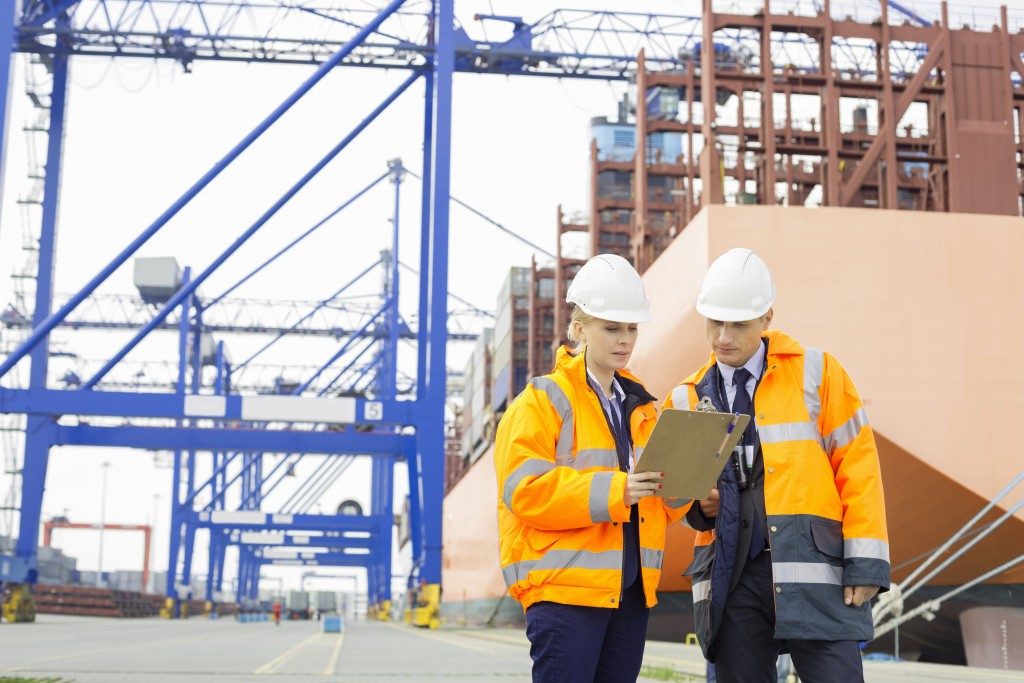In the shipping industry, insurance offers protection to vessels and ships from damage at sea. Protecting transportation as well as delivery of freight or cargo depends on the soundness of both the hull and machinery of a vessel. For many ship owners, getting insurance for the hull and machinery is vital for all their transport vehicles.
Why Hull and Machinery Insurance?
This mode of insurance come under ocean marine insurance and is meant to shield the insured ship against potential physical damage arising out of the dangers of the ocean and other risks while the ship is sailing over the sea.
Usually, most vessels that are insured ply the seas or oceans, but this kind of insurance is available for vessels operating in all kinds of waterways like barges, tugboats, floating machinery and also oil rigs operating in coastal waters. Such marine insurance can be purchased to cover single vessels or a whole fleet too.
Collision liability
A key provision in hull and machinery insurance is termed collision liability, also known as the running down clause. As the name implies, it safeguards the vessel owner against any liability arising out of the vessel colliding against another vessel, thereby damaging its cargo and property. However, this clause in no way applies to any liability caused by physical injury, death, or damage to property such as piers.
Coverage
Hull and machinery insurance usually covers loss or damage caused by significant perils. These can be in the form of a collision, fire, explosion, grounding, earthquakes and any ensuing tidal waves. However, they should be extraordinary to make a claim and not because the sea happened to be a little rough.
Some insurers also cover any loss from piracy as this has become a significant issue these days. This policy covers damage or loss to a vessel due to accidents arising out of moving fuel or cargo from one spot to another, including capsizing of the vessel. Factors like broken machinery, a burst boiler also come under this rule, on condition that there is regular maintenance by a properly trained crew. However, this applies only to the damage caused and not the actual machinery.
Most hull and machinery insurance covers labour and sue expenses. For example, if a vessel breaks down in a coastal region, the insured can avail himself of tugs to tow it to the nearest harbour. A vessel with its engines not working can be a danger not only to itself but to other vessels as well. In such a scenario, the insurer is willing to pay any reasonable tug cost.
Optional add-ons

An insurer can purchase complete coverage for collisions with other ships or other objects. Then there are top-ups available to cover the total loss of a vessel and to replace it. This extra cover is known as Increased Value. Then factors such as strikes and war are in effect insurable and bought as an add-on to the principal marine cover.
Ship owners should choose hull and coverage insurance that will provide protection not only to your vessel but also your cargo and crew.